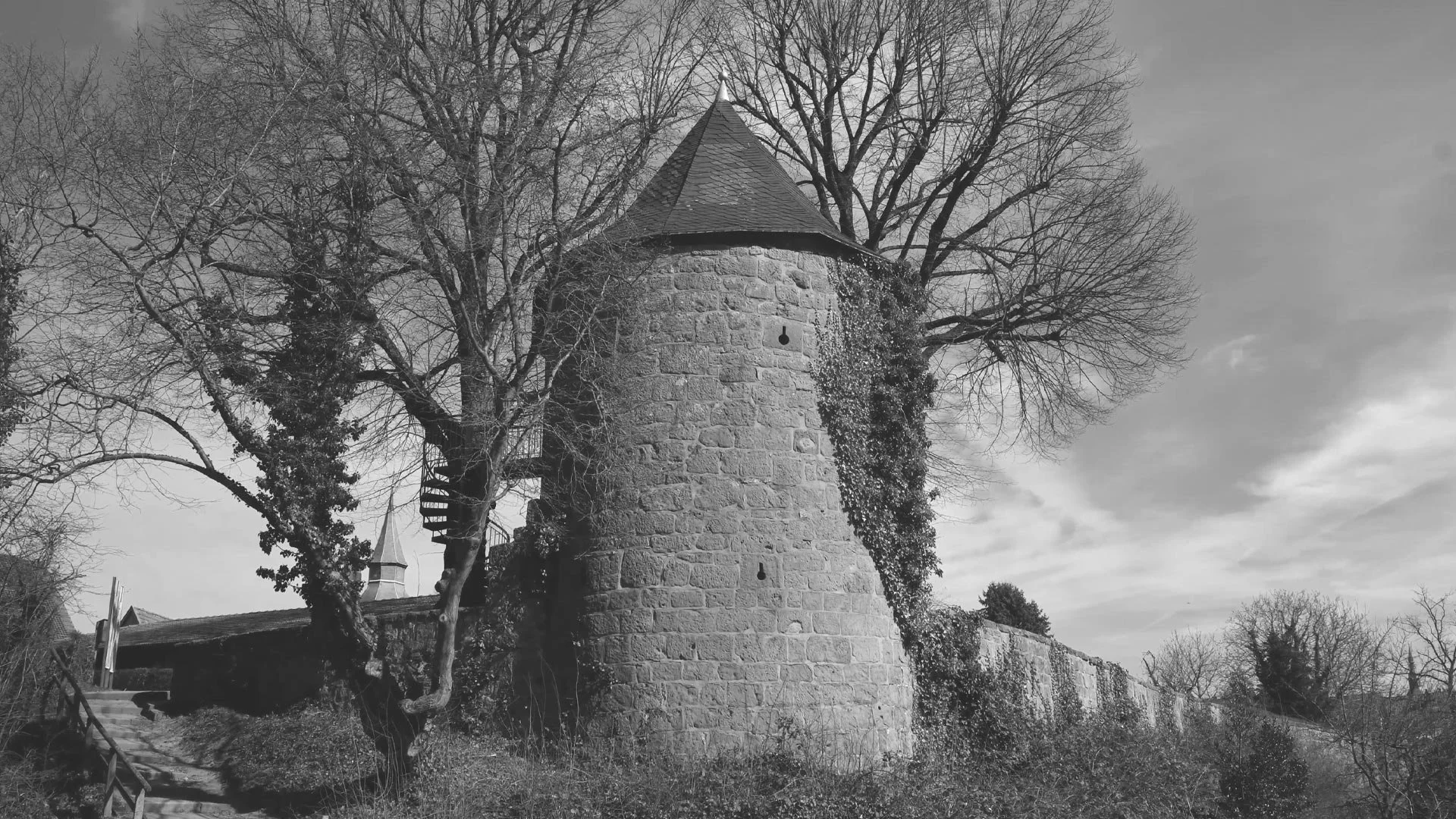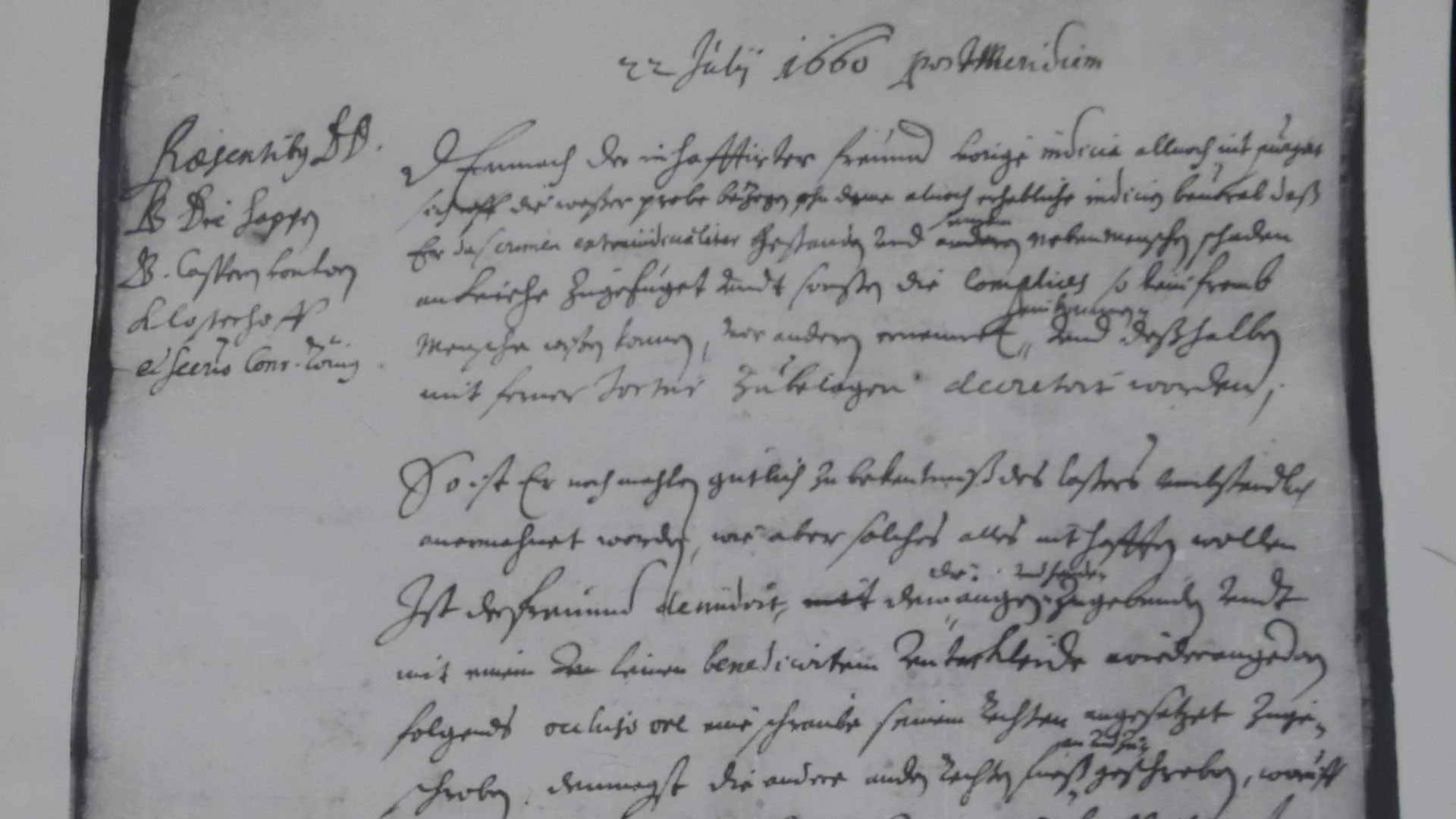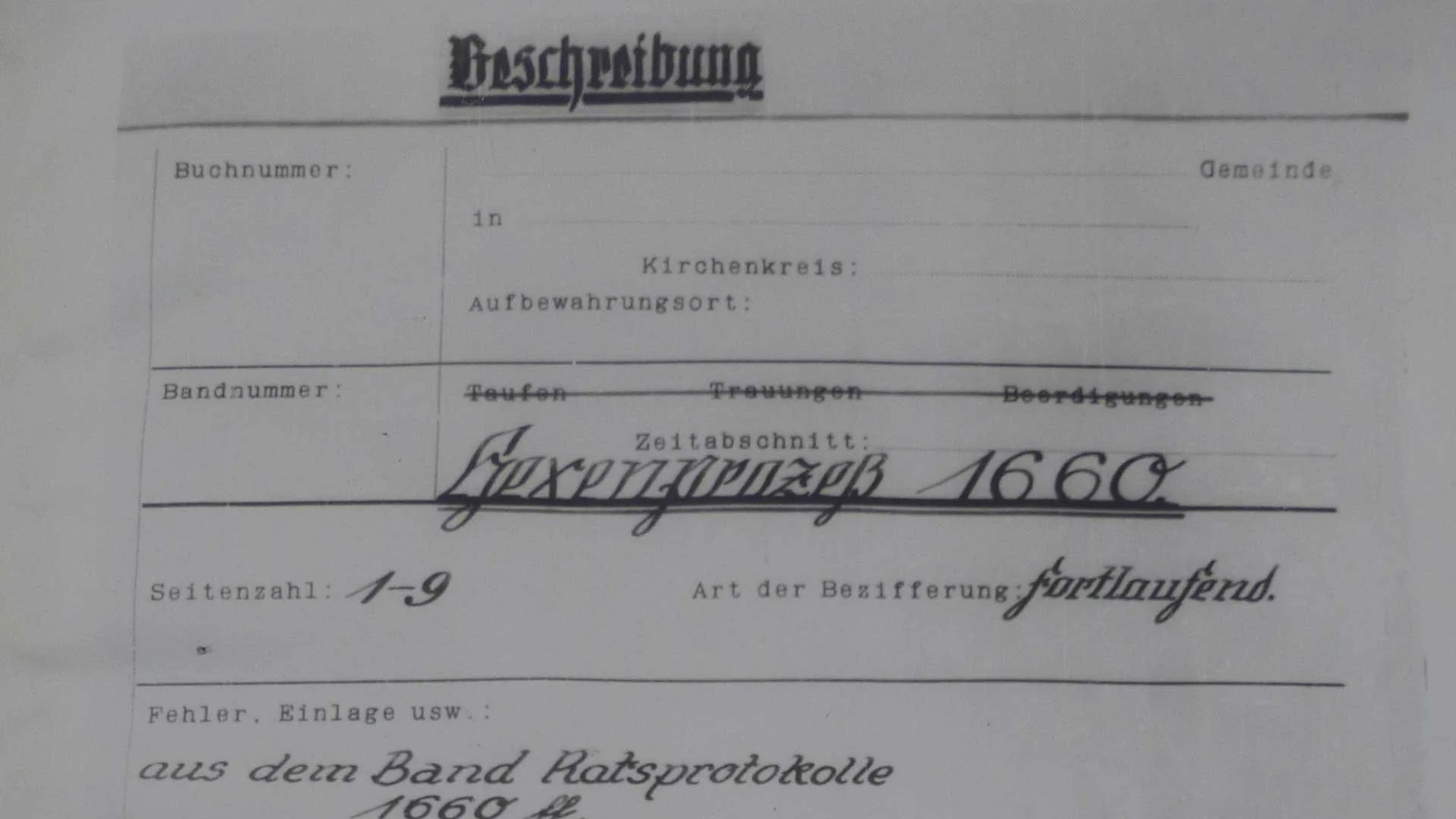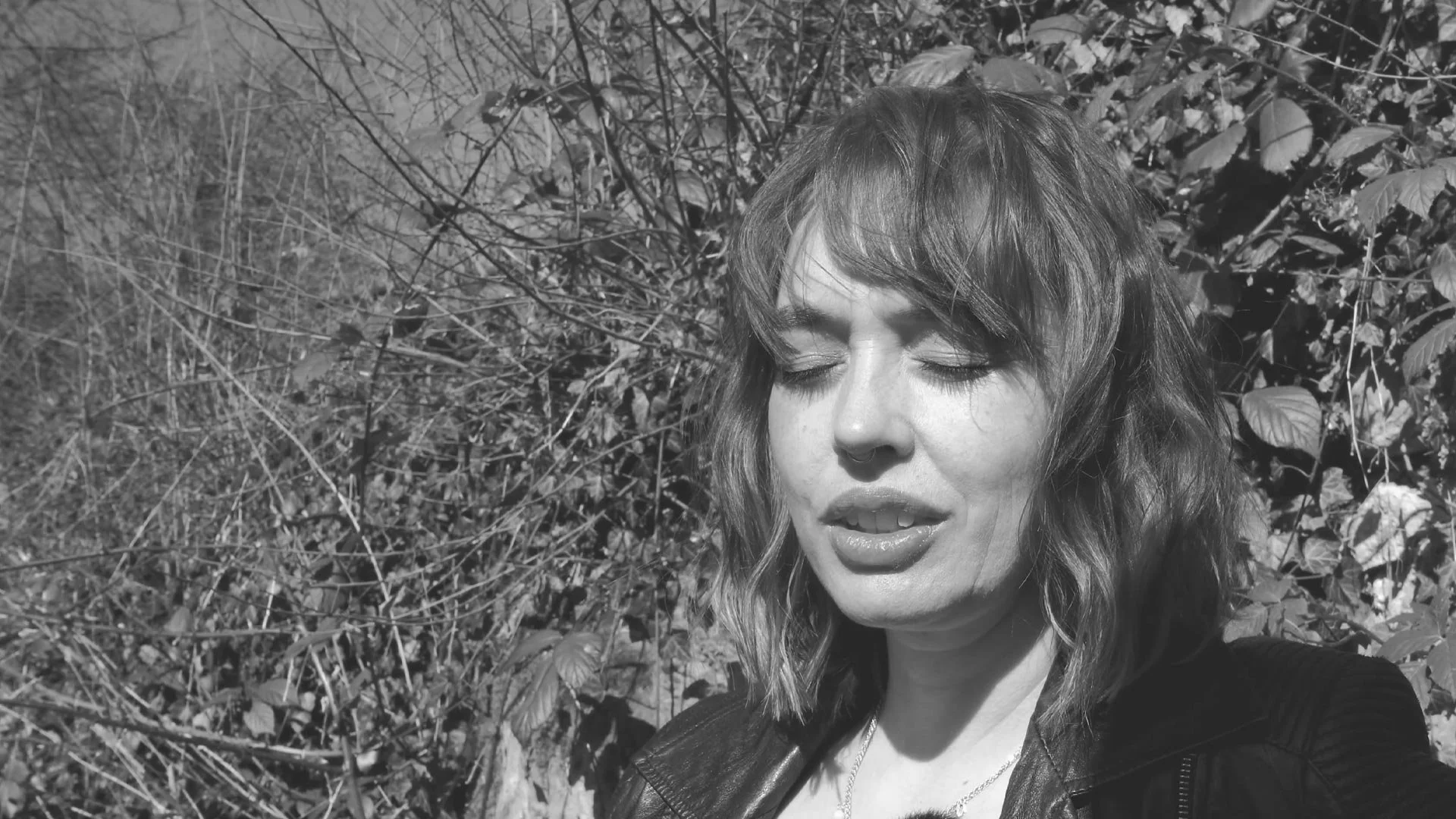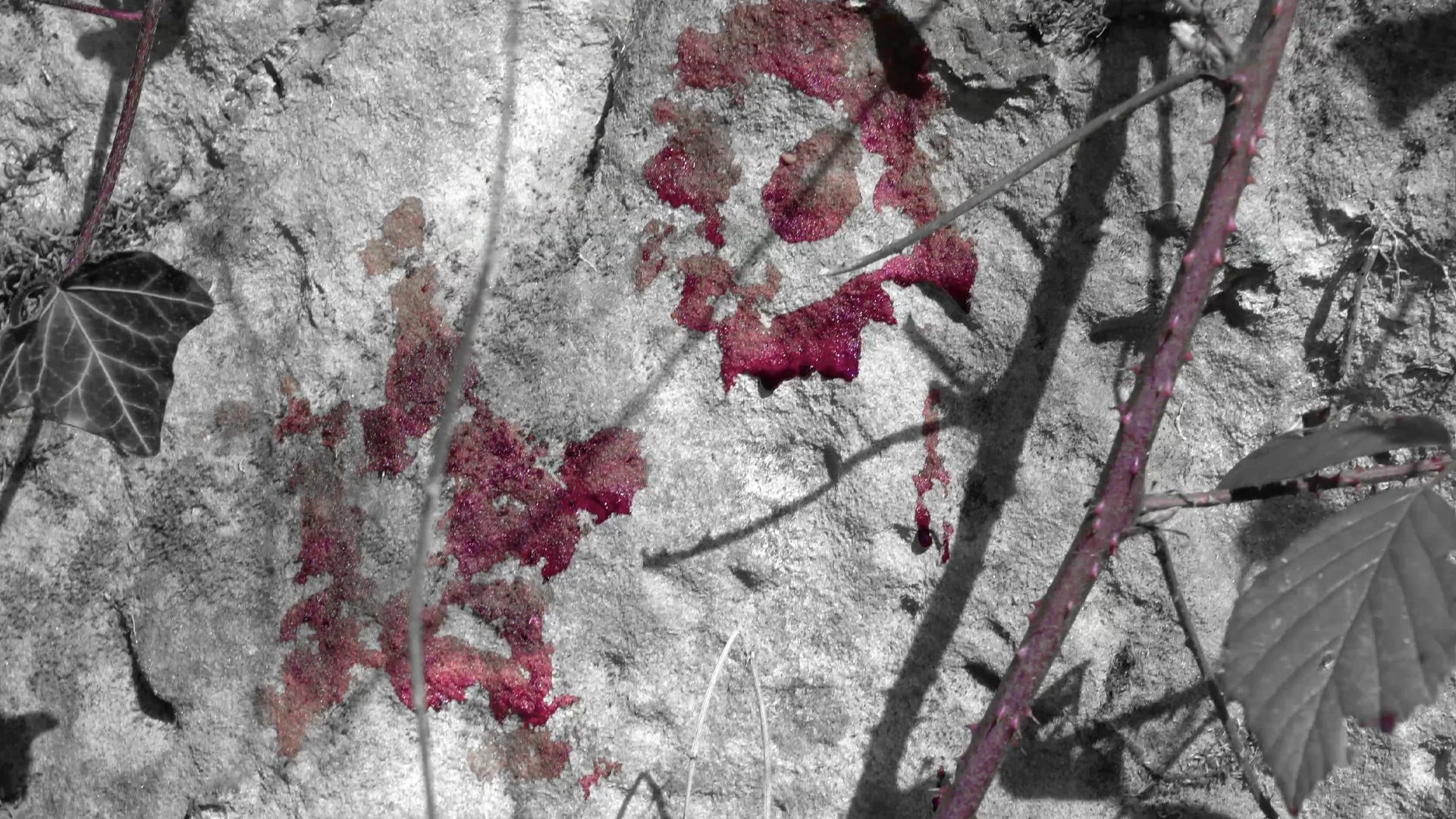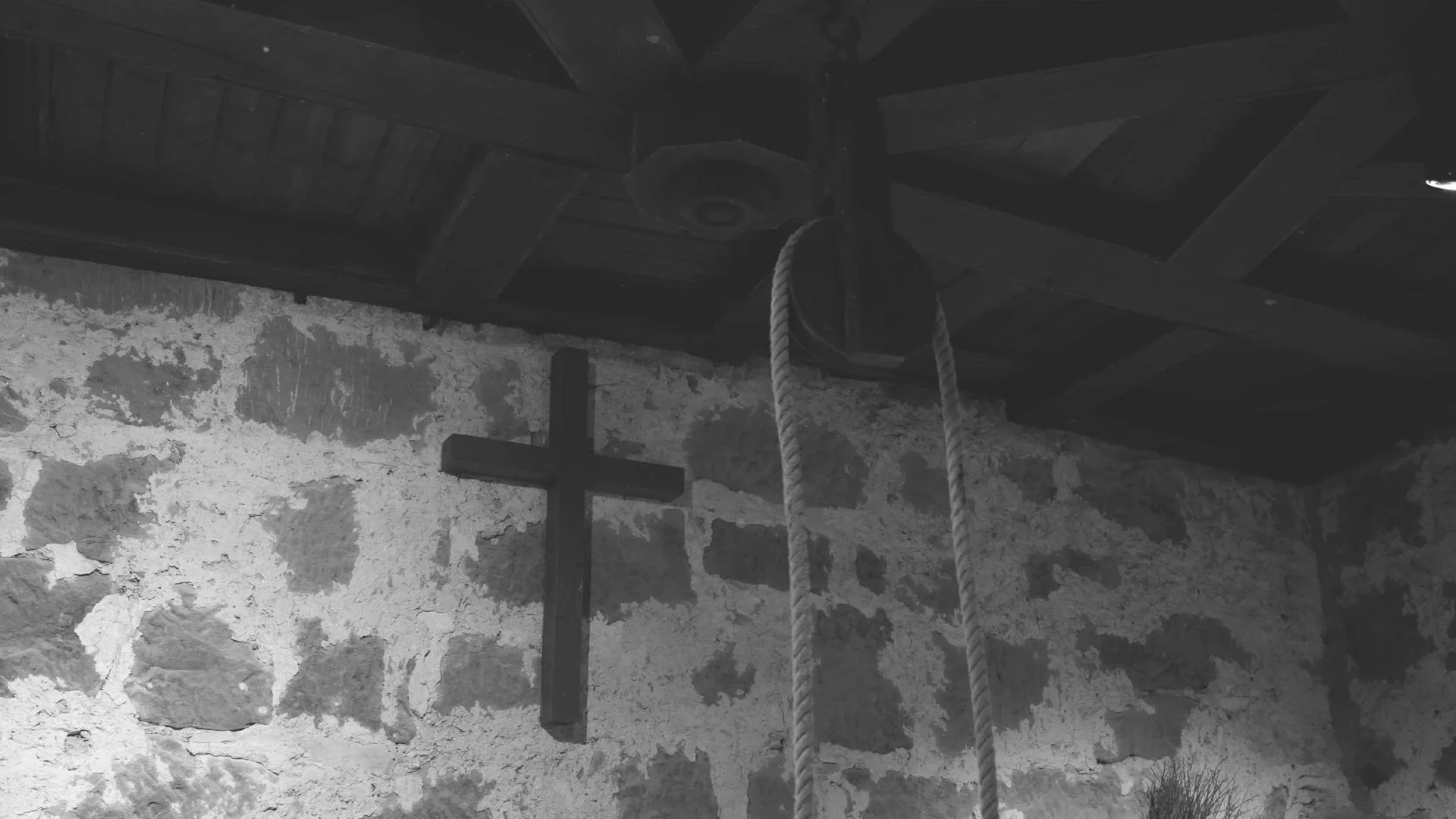Echoes of Fire: Channeling the witches of ruethen
A Ritual of Remembrance in Rüthen – Channeling Performance
Rüthen, March 2025 — Honoring ancient witches—healers, rebels, ordinary men and women—who were condemned for their power, possessions or social status.
Whispers Beneath the Tower – A Ritual of Remembrance in Rüthen
In the small Westphalian town of Rüthen, history clings to the stones like moss—old, buried, and waiting. We traveled there to trace Lotte’s ancestral line, which unexpectedly led us not to victims of the witch trials, but to those who had participated in them. Her forebears were witch hunters.
It was a bright spring day when we arrived, but the air grew heavy as we approached the Hexenturm—the “Witch Tower.” Once part of the medieval city fortifications, it became a place of terror during the 16th and 17th centuries, when accusations of witchcraft swept across Europe like a fever dream. In Rüthen alone, 169 people—men, women, and children—were abducted, imprisoned, tortured, and ultimately killed in the name of piety and power.
In the shadow of this tower, we filmed a ritual of the voices of those who were silenced.
This performance is a channeling, a remembrance, a rebellion.
We honor the ancient witches—healers, rebels, ordinary men and women—who were condemned for their power, possessions or social status.
A History Written in Ash
The German witch trials were among the most brutal in Europe. While the infamous Salem trials in 1692 resulted in 20 executions, the Holy Roman Empire—of which modern-day Germany was a central part—saw tens of thousands of people executed between the 15th and 18th centuries. Historians estimate that 40,000 to 60,000 people were killed during the European witch hunts, and German-speaking regions accounted for a disproportionate share.
Unlike Salem, where fear and religious zeal ignited a brief but deadly episode, the German hunts were often deeply systemic, sanctioned by local rulers and carried out over decades. Torture was a legal method of interrogation. Once accused, people were almost inevitably found guilty.
In Rüthen, entire families were destroyed by suspicion. Accused individuals were held in the Witch Tower, tortured into confessions, and executed—many by fire.
Contemporary Echoes: A Hometown for Power
What also makes this journey relevant today is that Germany’s current chancellor, Friedrich Merz, was born and raised in this very region. He attended school in Rüthen, not far away from the Witch Tower.
It was a strange and unsettling realization—to walk through the historical trauma of a town while knowing it somehow shaped a man now holding national power.
What kind of psychosphere forms in a place like this?
What shadows cling to its institutions, its education, its culture of silence?
This isn’t just about memory. It’s about legacy.
Channeling as Artistic Practice
Our work is rooted in ritual, myth, and memory. Channeling—the conscious act of connecting with ancestral, spiritual, or symbolic energies—is a core part of our artistic practice. It allows us to move beyond the visible, into dialogue with the subconscious and the suppressed.
Beneath the Witch Tower, Lotte entered a trance state and opened herself to the voices buried beneath centuries of stone. The resulting performance was not scripted. It was received. A conversation across time and trauma.
This is not an attempt to make amends.
It’s an attempt to make contact.
To reach across centuries of silence and say:
We see you. We hear you. We remember.
Art as Resistance
This ritual is not a show. It is an act of resistance—against historical erasure, patriarchal violence, and the convenient forgetting that allows such cycles to continue.
We do not re-enact history.
We interrupt it.
We channel it.
We consecrate it.
As we stood beneath the tower, the silence was thick. But if you listened closely, you could hear breathing. Voices. Rage. Beauty.

